services
Prevention
Positive Community Impact (PCI)
The PCI coalition focuses on topics such as underage drinking, binge drinking, marijuana & synthetics, and prescription medication misuse. They work with local businesses and organizations to adopt policies aimed at preventing unused and unwanted prescription medicines from falling into vulnerable hands.
Serving Cameron County
For more information:
Jaira Loyde
(956) 787-7111, ext. 316
jl****@***st.org
Communities Advancing Support and Awareness (CASA)
The CASA coalition focuses on topics such as underage drinking, binge drinking, marijuana & synthetics, and prescription medication misuse. They work with local businesses and organizations to adopt policies aimed at preventing unused and unwanted prescription medicines from falling into vulnerable hands.
Serving Willacy County
For more information:
Juan Hernandez
(956) 787-7111, ext. 315
ja*********@***st.org
Uniting Neighbors in Drug Awareness & Diversion (UNIDAD)
The UNIDAD coalition focuses on topics such as underage drinking, binge drinking, marijuana & synthetics, and prescription medication misuse. They work with local businesses and organizations to adopt policies aimed at preventing unused and unwanted prescription medicines from falling into vulnerable hands.
Serving Hidalgo County
For more information:
Allisoun Brenner
(956) 787-7111, ext. 224
ab******@***st.org
CARE Project
CARE Project serves young adults (18 to 24) in the RGV area, specifically Cameron County, who have a history of trauma & may have, or are at high risk for substance use, HIV/AIDS &/or HCV.
CARE Project offers:
- HIV screenings
- Case management
- Community outreach
- Wellness awareness activities
For more information:
Samantha Garcia
(956) 787-7111, ext. 303
sg*****@***st.org
Prevention Resource Center 11
The Prevention Resource Center 11 (PRC11) is a program of Behavioral Health Solutions of South Texas. PRC serves as the central data collection repository for Region 11 and the developer of a yearly Regional Needs Assessment (RNA).
To facilitate the development of the Regional Needs Assessment (RNA), PRC identifies local community and county data collection resources in Region 11. PRC also identifies local community, county and regional training needs and resources.
For more information:
Sally Blixt
(956) 787-7111, ext. 248
sb****@***st.org
Valley Salud
Valley Salud’s mission is to serve youth (ages 9-17), young adults (ages 18-25), parents/caregivers, and members of their support system from underserved or marginalized communities in Cameron, Hidalgo, and Willacy Counties who have a history of trauma, use substances, experiencing mental health concerns, and who are at high risk for developing behavioral health conditions.
For more information on Valley Salud, contact:
Abigail Ramos
(956) 787-7111, ext. 114
ar****@***st.org
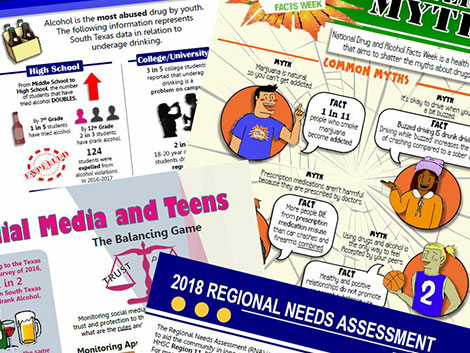
Click here to download
the 2023
RegionalNeeds Assessment
Click here to download
the 2021
Risk and Protective Factors Handbook
Service Delivery
Intake
Curriculum
Listening Spirit
Youth Prevention Programs
Youth prevention programs focus on enhancing youth’s life skills in an effort to prevent them from engaging in alcohol and drug use. These programs provide curriculum to students at schools, conduct activities with groups of students/adults, and present on various topics as they relate to drug use.
Our Youth Prevention services focus on the Three Domains of Prevention: Universal, Selective, and Indicated.
Universal Prevention
The mission of universal prevention is to deter the onset of drug abuse by providing all individuals in a population with the information and skills necessary to prevent the problem. All members of the population share the same general risk for drug abuse, although the risk may vary greatly among individuals. Universal prevention programs are delivered to large groups without any prior screening for drug abuse risk status of the individual program recipients. The entire population is assumed at-risk for substance abuse.
Curriculums offered: Positive Action, Life Skills Training, Strengthening Families
Selective Prevention
Selective prevention targets specific subgroups of the population that are believed to be at greater risk than others. Age, gender, family history, place of residence (i.e., high drug use, or low-income neighborhoods) and victimization, or physical and/or sexual abuse may define the targeted subgroups. Selective prevention targets the entire subgroup regardless of the degree of risk of any individual within the group. One individual in the subgroup may not be at personal risk for substance abuse, whereas another individual in the same subgroup may be abusing substances.
Curriculums offered: Positive Action, Learning 2 Breathe
Indicated Prevention Strategies
Indicated prevention approaches are used for individuals who may or may not exhibit early signs of substance abuse but exhibit risk factors. Examples of risk factors include school failure, interpersonal social problems, delinquency, and other anti-social behaviors and psychological problems such as depression and suicidal behavior that increase their chances of developing a substance abuse problem. Indicated prevention programs typically address risk factors associated with the individual, such as conduct disorders and alienation from parents, schools, and positive peer groups.
Curriculums offered: CBSG (Curriculum-Based Support Group)
For more information or to request Prevention services, please contact:
Abigail Ramos
Prevention Divisional Director
(956) 787-7111 ext. 114
ar****@***st.org
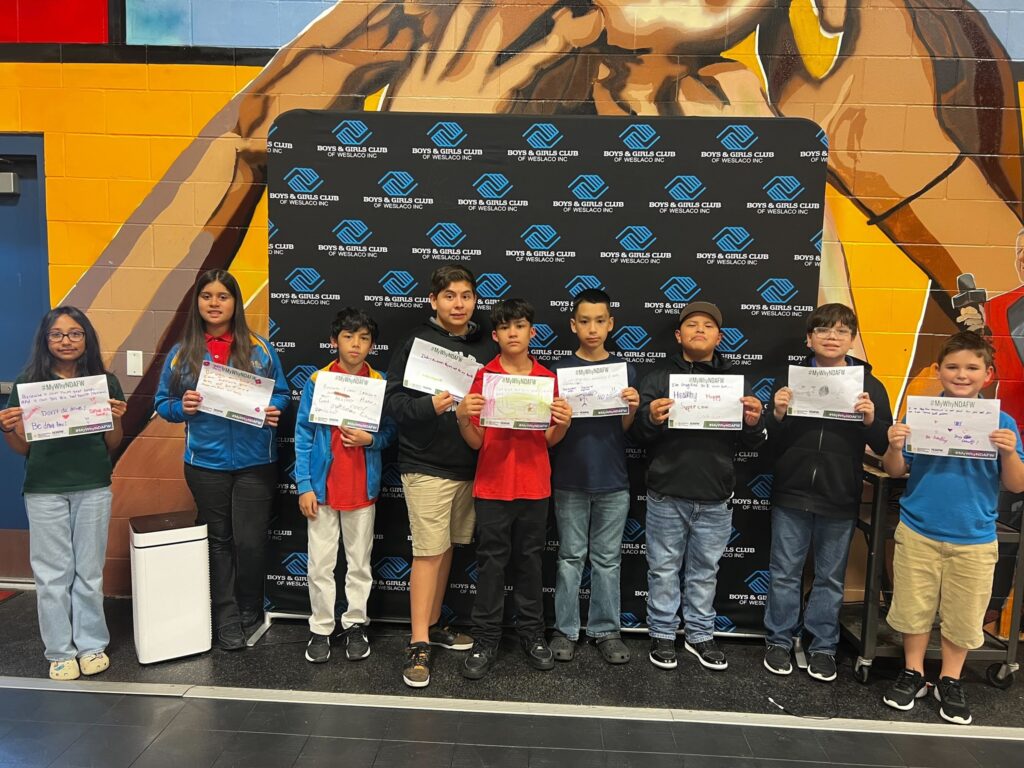
Program Events
Serving southernmost Texas since 1991
intervention
HUB: Naloxone Distribution
The HUB program is dedicated to saving lives by providing free naloxone, a life-saving medication that can reverse opioid overdoses, to community members. Through a comprehensive, one-hour training session, participants learn how to recognize the signs of an overdose, administer naloxone safely, and take essential steps to support those in need during an emergency. This training empowers individuals with the skills and confidence to respond to opioid overdoses, fostering a safer and more resilient community.
Scan the QR code to request your FREE naloxone training course, or contact:
Megan Perez
Naloxone Regional Community Distribution HUB Coordinator
(956) 787-7111, ext. 124
mp****@***st.org

Parenting Awareness & Drug Risk Education Services (PADRES)
Parenting Awareness & Drug Risk Education Services (PADRES) provides access to parenting education, child development & safety, & substance use & overdose awareness to families with children ages 6 and under. The PADRES program seeks to promote a healthy lifestyle & foster parent/child bonding skills. This program supports both youth & adults & both females & males. PADRES serves Hidalgo, Cameron, Willacy, Brooks, & Starr County (in others).
PADRES offers families help with:
- Parenting tips and skills based classes
- Individual & group sessions
- Provision of overdose prevention medication
- Health screenings
- Case management services inclusive of medical care access
- Collaborative efforts improving access to health and wellness services/resources
Caring for Mommies (Pregnant & Parenting Intervention)
The Caring for Mommies program seeks to provide support for mommies dealing with current &/or past substance use, along with other risk factors such as domestic violence, mental health, teen pregnancy, CPS involvement, & financial distress. The program serves Cameron and Hidalgo counties in a virtual & in-person capacity.
Caring For Mommies assists with:
- Support for expecting mothers or mothers of young children (under 6)
- Parenting & family bonding classes
- Collaborative community referrals
- Monthly peer-led support group
- Neonatal Abstinence Syndrome Task Force member
- Provision of overdose prevention medication
- Health screenings
- Case management services inclusive of medical care access
- Collaborative efforts improving access to health and wellness services/resources
Empowering Communities (Rural Border Intervention)
The Empowering Communities program provides prevention & intervention services to youth, adults & families living in rural border areas. who are at risk for substance use & mental health disorders. The program seeks to provided awareness; education, & access to community resources to best assist the needs of our youth & adults. This program serves Brooks, Cameron, Duval, Hidalgo, Jim Hogg, Starr, Webb, Willacy, & Zapata Counties.
Empowering Communities can assist with:
- Case management
- Referrals to resources
- Evidence-based curriculum
- Help for youth & adults dealing with domestic violence, financial distress, substance use, CPS involvement, & more

Contact
For more information please contact:
Miguel A. Garza, LCDC
(956) 787-7111, ext. 250
mg****@***st.org
Program Highlights & Activities
Treatment
Access To Care
Access to Care aims to enhance the availability of treatment and support services for people struggling with substance use disorders (SUD) within our current legal system, particularly in drug courts. This program acknowledges the importance of offering treatment rather than imprisonment for individuals dealing with SUD.
Through these awards, individuals caught up in the legal system due to their SUD will have access to a comprehensive range of care services. This includes everything from prevention and harm reduction to treatment and recovery support.
Community Counseling & Wellness
The CCW program provides screening, referrals, & mental health counseling for any community member affected in any way by the COVID pandemic. Our licensed counselor provides a trauma-informed approach in both individual & group counseling.
Both virtual & in person services available.
- Virtual Support Groups
- Connection to resources
- Teletherapy for adults
- Additional Support Services available
For More Information: Melissa Alviar (956) 787-7111, ext. 121 ma*****@***st.org
Fueling Hope
Fueling Hope is a Substance Use Outpatient Treatment Program which seeks to enhance access to treatment services for adults (18+) in Cameron & Hidalgo Counties. This program provides a comprehensive approach to meet & address our client’s needs. In-person & Virtual services available.
The program consists of a 12-week outpatient schedule of 6 individual and 24 group sessions. The treatment follows a Cognitive Behavioral Therapy curriculum featuring Motivational Interviewing techniques.
- Pre-treatment Services
- Follows a trauma-informed curriculum through the course of a 12 week program
- Help for individuals with a substance use disorder
- Group & individual sessions
- Licensed DSHS treatment facility
- FREE services
Contact
Empowering Hope
We currently offer outpatient treatment services for adults ages 18 and older. These services are available to individuals who are suffering from a substance use disorder. BHSST is a DSHS licensed treatment facility and can accept individuals who are insured or uninsured.
Contact
Monarch (Youth)
We currently offer outpatient treatment services for youth aged 13 to 17. These services are available to individuals who are struggling with a substance use disorder. BHS is a DSHS licensed treatment facility and can accept individuals who are insured or uninsured.
The program consists of a 12 week outpatient schedule. The treatment follows an evidenced-based approach featuring Cognitive Behavioral Therapy and Motivational Interviewing techniques.
Contact
Nueva Start
Nueva Start‘s mission is to help people who are in prison and dealing with substance use issues. We aim to find these individuals, offer them the help they need, and support them on their journey toward better health and well-being. Additionally, we want to improve the support system for those who are coming back to the community after being incarcerated.
- Transitional planning for individuals recently released or soon to be released from incarceration
- Screening, assessment, and transition of individuals at risk of a probation/parole violation
- Comprehensive, person-centered case management
- Periodic health screenings and referral to medical treatment as necessary
Serving south Texas
For program-specific information:
Miguel A. Garza, LCDC
(956) 787-7111, ext. 226
mg****@***st.org
Recovery
Access to Care
Access to Care aims to enhance the availability of treatment and support services for people struggling with substance use disorders (SUD) within our current legal system, particularly in drug courts. This program acknowledges the importance of offering treatment rather than imprisonment for individuals dealing with SUD.
Through these awards, individuals caught up in the legal system due to their SUD will have access to a comprehensive range of care services. This includes everything from prevention and harm reduction to treatment and recovery support.
Access to Care
Access to Care aims to enhance the availability of treatment and support services for people struggling with substance use disorders (SUD) within our current legal system, particularly in drug courts. This program acknowledges the importance of offering treatment rather than imprisonment for individuals dealing with SUD.
Through these awards, individuals caught up in the legal system due to their SUD will have access to a comprehensive range of care services. This includes everything from prevention and harm reduction to treatment and recovery support.
Door 2 Recovery
The Door 2 Recovery program helps adults initiate & sustain long-term recovery from drugs & alcohol. The program provides a safe, welcoming, & judgement-free environment for individuals seeking to begin or continue their recovery journey from where ever they find themselves through our virtual services.
Door 2 Recovery offers virtual recovery support.
Contact
vc****@***st.org
Nueva Start
Nueva Start‘s mission is to help people who are in prison and dealing with substance use issues. We aim to find these individuals, offer them the help they need, and support them on their journey toward better health and well-being. Additionally, we want to improve the support system for those who are coming back to the community after being incarcerated.
- Transitional planning for individuals recently released or soon to be released from incarceration
- Screening, assessment, and transition of individuals at risk of a probation/parole violation
- Comprehensive, person-centered case management
- Periodic health screenings and referral to medical treatment as necessary
Recovery United (Recovery Support Services)
The Recovery United (Recovery Support Services) program helps adults initiate & sustain long-term recovery from drugs & alcohol. The program provides a safe, welcoming, & judgement-free environment for individuals seeking to begin or continue their recovery journeys. Virtual services are available!
Recovery United offers:
- Development of healthier coping skills
- Different pathways to recovery based on individual’s needs & recovery plan
- COVID assistance
- Family inclusion
- Blessing Bags distribution
Meeting Times
10:00am – Focused Support Group
6:00pm – Focused Support Group
Thursday:
10:00am – Focused Support Group
6:00pm – Focused Support Group
Horarios de Grupo
Texas Targeted Opioid Response (TTOR)
The Texas Targeted Opioid Response (TTOR) is a public health initiative with a mission to save lives and provide life-long support to Texans with opioid and stimulant use disorders by expanding access to prevention, integrated, treatment, and recovery support services.
Who Is Eligible for TTOR Grant Program Services?
- People with opioid use disorder, their family members, significant others and supportive allies who are affected by opioid use.
- People who might also have co-occurring use of other substances or mental and primary health conditions.
Contact us today!
For more information on BHS Recovery programs, please contact:
Miguel A. Garza, LCDC
(956) 787-7111 , ext. 250
mg****@***st.org
Research Projects
Research Projects – Community Access and Resources Education (CARE) Project

CARE Project offers:
- HIV screenings
- Case management
- Community outreach
- Wellness awareness activities
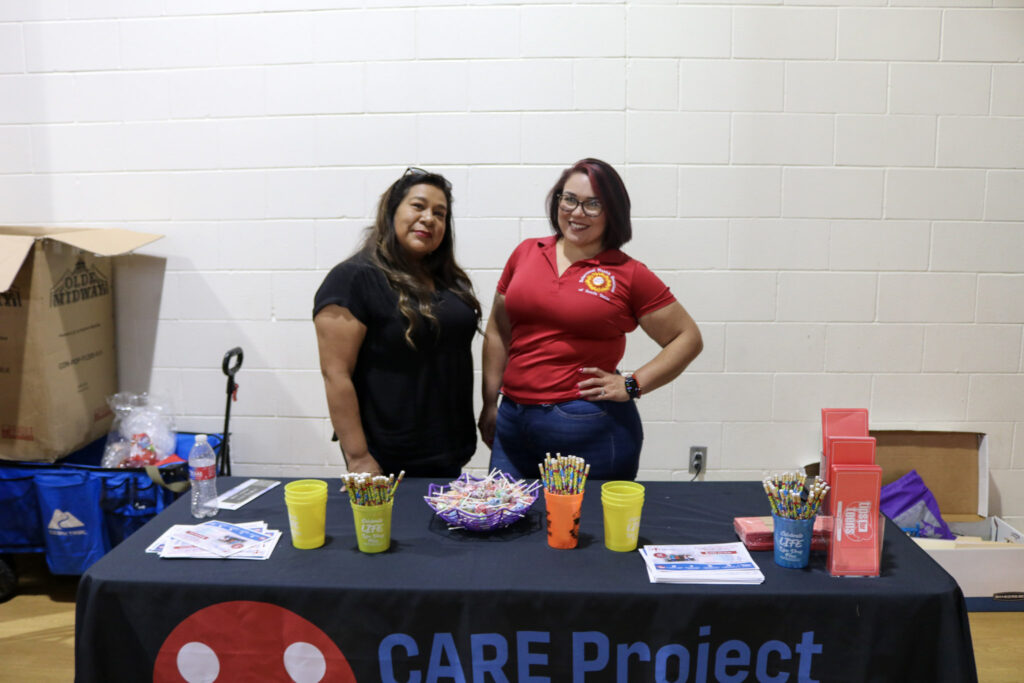
Contact
R25 – Bringing Alcohol and Other Drug Research to Primary Care
Bringing Alcohol & Other Drug Research to Primary Care is a collaborative project between Behavioral Health Solutions of South Texas & Baylor College of Medicine. The goal of this program is to disseminate the latest applicable research on alcohol & other substance use to primary care clinicians & practices & to provide implementation resources & support.
The R25 program offers:
- FREE online, 5-module, CME-approved course
- Substance use disorder resources for healthcare providers & patients
- Efficient & evidence-based tools to address the increased risk of substance-related health issues
- Information on Trauma-Informed Care & building Stigma-Free practices
- Up to $100 in gift cards/incentives for eligible participants
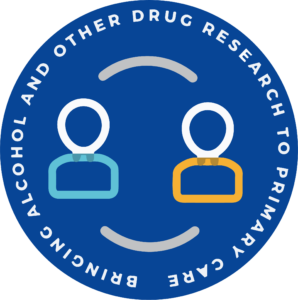
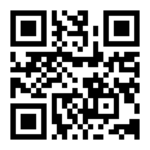
Scan the QR code to learn more!
Contact
nf*****@***st.org 5510 N. Cage Blvd, Ste. R, Pharr, TX 78577
Our Champions
















